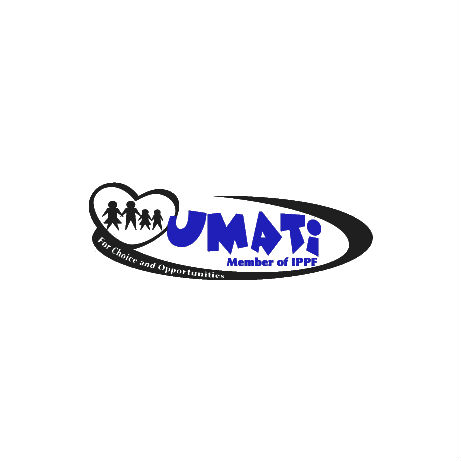
| 02 April 2024
Anguilla Family Planning Association
AFPA has pioneered family planning services in Anguilla. Today, it continues to meet the demand for sexual and reproductive health services—particularly among vulnerable communities—by collaborating with relevant Government departments in Anguilla to ensure that the sexual and reproductive health needs of the population is met. Quite notably, the Anguilla Family Planning Association was instrumental in the convening of a National Multi-Stakeholder Commission in Anguilla to address the implementation of the CARICOM Integrated Framework for the Reduction of Adolescent Pregnancy in St. Lucia. During 2015, the Anguilla Family Planning Association worked with other partners to advance the work of the National Multi-Stakeholder Commission tasked with implementing the CARICOM Integrated Framework for the Reduction of Adolescent Pregnancy. The Anguilla Family Planning Association (AFPA) is part of the Caribbean Family Planning Affiliation (CFPA). Staffed entirely by volunteers, AFPA assists the government by providing contraceptives and clinical supplies, and delivers comprehensive sexual and reproductive health counselling and education through schools. AFPA’s umbrella organization, CFPA, is the only regional non-governmental organization (NGO) devoted to family planning, and SRH in the Caribbean. CFPA serves 13 island Member Associations and 5 Associate Member Associations in the Caribbean, Central and South America. It supports these Associations with technical assistance and materials, and represents their collective interests at IPPF meetings and in the Caribbean region among governments and NGOs. CFPA Member Associations are located in Anguilla, Antigua, Aruba, Bahamas, Bermuda, Curacao, Dominica, Grenada, Guadeloupe, Martinique, Nevis and St. Kitts, St. Lucia and St. Vincent. CFPA Associate Member Associations are located in Belize, Barbados, Guyana, Jamaica, Suriname, and Trinidad and Tobago. The CFPA does not offer any clinical services or distribute family planning methods to clients, but rather focuses its work on governance and institution-building among its Member Associations. The CFPA oversees, manages and analyses core grants to 7 Caribbean Member Associations. The CFPA also submits project proposals for donor funding on behalf of the Associations.

| 31 March 2016
Uzazi na Malezi Bora Tanzania
Chama cha Uzazi na Malezi Bora Tanzania (UMATI) is an autonomous, non-political national NGO providing Sexual and Reproductive Health and Rights (SRHR) information, education, and services in Tanzania. It was established in 1959 and became a full IPPF Member Association in 1973. Since then, it has developed a comprehensive range of sexual and reproductive health (SRH) services for Tanzanian young people. UMATI invests in the provision of gender responsiveness SRH services youth and women empowerment, and evidence-based advocacy through result-based projects implemented in 20 regions in Tanzania Mainland, and Zanzibar. UMATI recognizes that AGYW and ABYM experience different health needs and risks especially those related to HIV, STIs, and sexual gender-based violence. UMATI’s SRH programmes are developed based on the unmet need and government priorities and its SRH and FP service delivery has always been targeting the hard-to-reach communities, socially excluded and under-served people especially women, girls, and young people, and the key population. UMATI empowers adolescents and young people (10-24) to realize and demand their SRHR for effective utilization of the services. The Association, through the Comprehensive Sexuality Education (CSE) approach, reaches young people with knowledge, skills, and Social Behaviour Change Communication (SBCC) messages to freely access services at UMATI clinics, youth centers, and selected government facilities. Different approaches are used to reach adolescents and youth such as peer education sessions, IEC/BCC Materials, debate, health talk/dialogues, folk media, social media, radio, TV, e-sessions, community forum/dialogues, community meetings, and SRH service outreaches. UMATI collaborates with the Ministry of Health and Local Government Authorities to provide SRH services through 943 service points which include its own 5 permanent clinics and seven youth centers and support 391 community-based distributors/community-based services (CBDs/CBSs). UMATI’s SRH programmes are effectively maintained and delivered by 76 committed staff, 340 peer educators and a youth action movement membership of 400 activists. UMATI receives funding support for its programmes from donors and partners such as Youth Incentives, Pathfinder International, PLAN International, UKAIDS, She Decides, UNICEF, UNFPA, Bills & Melinda Gates Foundation, Health Action International, SIMAVI, BERGSTROM Foundation, ZENSHO, and ActionAid Tanzania.







